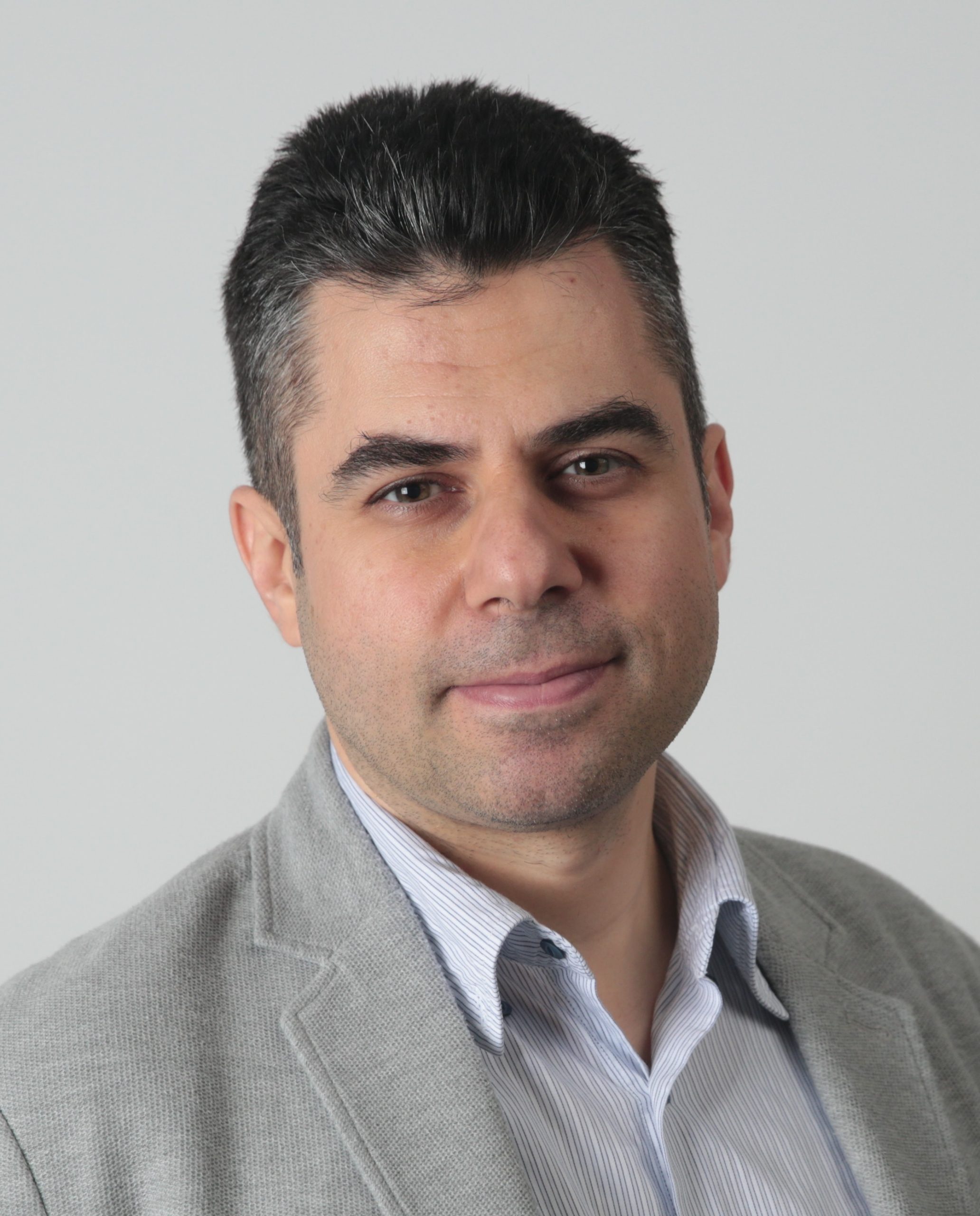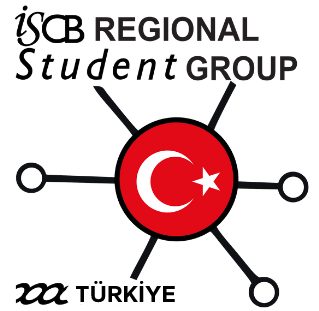Keynote II Speaker

Summary:
At BaysanLab, we combine information technology and genomic technologies, two fields that have the potential to drastically transform our lives. Information technologies, through fast computing and communication capabilities offered by the digital world, allow us to develop higher-quality, faster, and more cost-effective solutions in many fields. Genomic technologies, on the other hand, enable a better understanding of biological functions and diseases by profiling genetic structures in detail. Especially through next-generation sequencing (NGS) technologies, we can obtain detailed genetic maps of individuals at relatively low costs (between 50-250 dollars).
In our lab, we develop software and online platforms to analyze genetic data using the possibilities offered by information technologies. Our work primarily focuses on clinical genetic data to serve human life more directly.
Our field of study can be broadly defined as data science, more specifically health data analysis, and even more narrowly, clinical genetic data analysis. In this talk, we will start with a general introduction to data science, followed by an explanation of the structure and use of NGS data. We will then present a selection of projects from our lab, including:
- COSAP: Comparative NGS Data Analysis Platform
- VCF Observer: A User-Friendly, Online Comparison Tool for VCF Files
- NGS Reproducibility Analyses
- Turkey Genome Project Analyses
- Variant Annotation Platform
Before the presentation, we invite all attendees to watch the movie GATTACA. Technologically, we have reached the point depicted in this film.
After obtaining his B.S. from Bilkent University in Computer Science in 2003, Dr. Baysan completed his M.S. and Ph.D. degrees in Computer Science at The University of Texas at Dallas in 2005 and 2008, respectively. In 2010, Dr. Baysan shifted his research focus to computational biology as a post-doctoral fellow at the Neuro-Oncology Branch of the National Cancer Institute (NCI) of the NIH, USA. Following his fellowship, he worked at the NYU Cancer Institute and later at Weill Cornell Medical College as an Associate Research Scientist in 2013 and 2015, respectively. He is currently a faculty member in the Computer Engineering Department at Istanbul Technical University. Since 2010, his research has centered on advancing our understanding of disease genomics using computational tools. His recent studies focus on efficient implementations and detailed evaluations of sequencing analysis algorithms for better utilization of sequencing technologies in both research and clinical practice.
